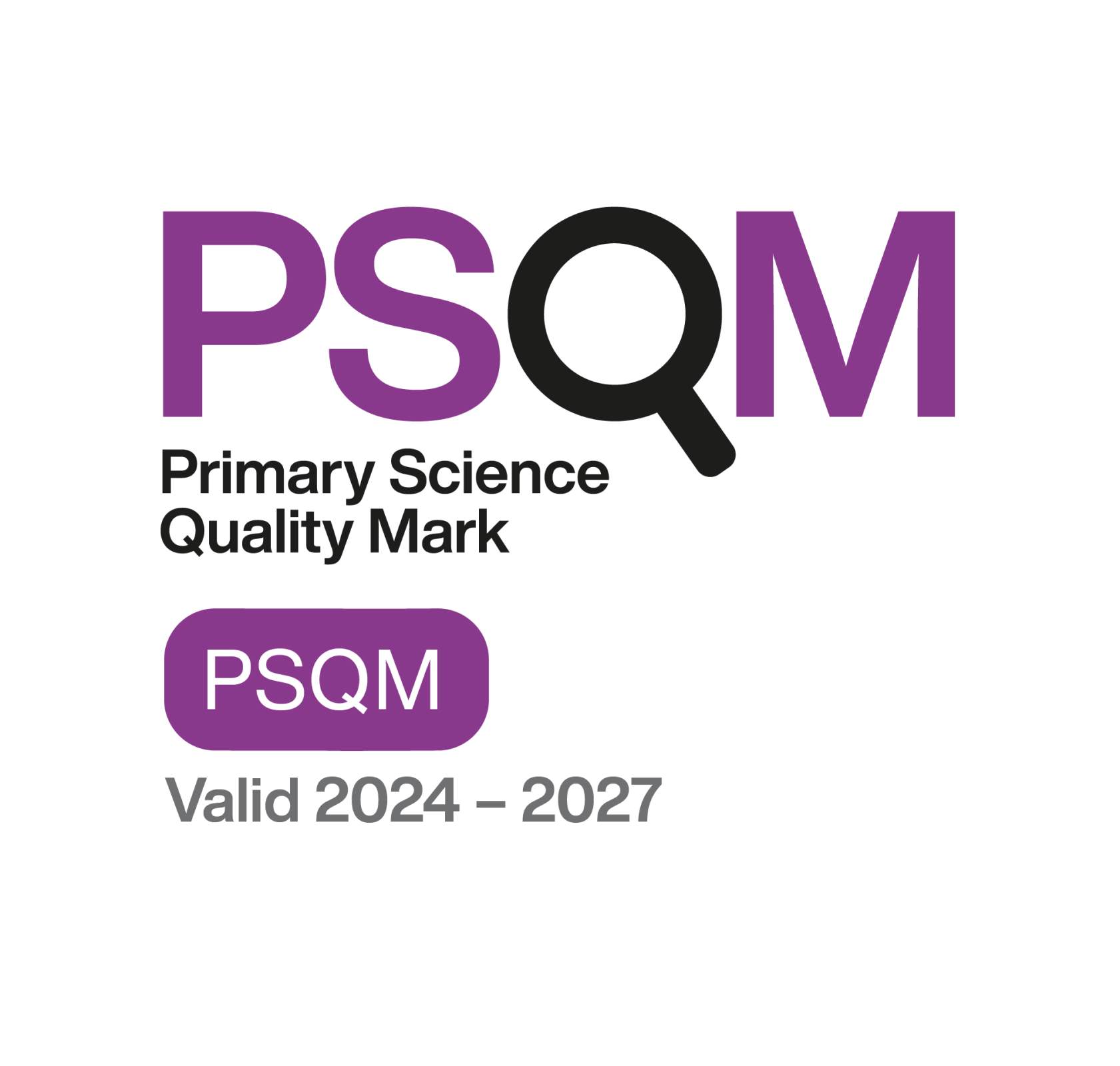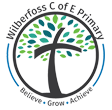Science
Science at Wilberfoss:
The Big Picture!
Science should explore the awe and wonder of the world. Alongside scientific knowledge and understanding, investigation and practical work should form a vital part of the science curriculum. Children will be encouraged to ask scientific questions, make predictions, explain what is happening and analyse their findings. We understand that science has changed our lives and will continue to play an important part in improving them. Children should be inspired to become the scientists of the future and make a difference in the world.
Intent
Foundational science knowledge is primarily taught through the ‘Understanding the world: the natural world' area of learning. This can be seen clearly in the EYFS Progression document. The beginnings of scientific concepts will be built on in Year 1. This is where the National Curriculum programme of study will be taught. Medium term plans have been developed with other schools in the trust to ensure cohesion and progression. Topics have been sequenced in the long term plan to show progression across all year groups and key stages, while each unit references a specific scientist to provide cultural capital for the children. Many topics are revisited to ensure prior learning can be used to support new ideas and concepts. Children are given opportunities to carry out their own investigations, providing valuable learning experiences for all children.
Implementation
In EYFS, the learning is based upon development matters and the school's curriculum document. This is taught through adult directed activities and provision areas/provocations. The key objectives for Years 1-6 are taken from the National Curriculum. The subject leader along with other subject leads within the Trust have written the Medium term plans. These include the relevant subject knowledge and vocabulary as well as providing ideas and investigations for each unit. The 5 types of enquiry are included in this document along with the working scientifically skills.
Knowledge Organisers provide key information and core vocabulary. The children take these home prior to the topic beginning. Key vocabulary is displayed in the classroom along with clear definitions. Symbols for the 5 types of enquiry and the most recent enquiry question are displayed. These are then referred to throughout the topic.
Discussion and effective questioning by the teacher is key to allowing pupils to recall new knowledge. It will also help them make links between new material and prior learning.
Through the use of formative assessment each lesson, information can be recalled by the children. Opportunities for information recall are included in science lessons to ensure that this knowledge is transferred into the long term memory. Activities in ’Floor books’ will provide children with an opportunity to discuss and explain new ideas and concepts and/or recall prior learning. These activities may be in the in the form of labelling diagrams, discussing concept cartoons, explaining true or false statements, to name but a few. It is fundamental that misconceptions are addressed quickly so children will also complete low threat/high challenge quizzes independently to support this formative assessment.
Impact
The children in EYFS are constantly assessed and misconceptions are addressed immediately or through 'Feeding Forward' where these can be addressed through provision enhancements or during adult directed activities. A GSA (gap and strength analysis) is also completed each half term to identify any areas which need to be addressed.
Through years 1-6, formative assessment is used in each lesson to gauge the children’s long term memory for each topic. Units are explicitly linked to prior learning from previous years to support this recall.
In each lesson, a variety of activities are used to check that children are not only learning new things but they are remembering things that have been learnt previously. Pupil’s work is used to secure and demonstrate children’s learning. Although this may take the form of written work, photographs, diagrams, graphs, and charts are also expected to be used by children to show their understanding. Pupil’s work informs teacher assessment, both formative and summative, and is used by the subject lead as part of the monitoring process (alongside pupil voice, teacher discussions and learning walks). Once the topic is complete, each child will complete a short summative assessment that covers the main knowledge and understanding for that topic.
The class teacher will assess each child’s attainment and enter this onto Insight. Teachers will monitor whether the child is on track to be the expected standard by the end of the year. The subject lead will have an overview of the data to track the progress and attainment of the different year groups allowing analysis of strengths and areas of development to take place.
Curriculum Progression Map for Science
copy of copy of science coverage grid.pdf
We are proud that we have been awarded the PSQM as a symbol of our hard work and dedication towards providing the highest quality primary science education to our children. It represents our commitment to fostering a love of science and inspiring the next generation of scientists, thinkers, and innovators.

 Wilberfoss C of E Primary School
Wilberfoss C of E Primary School